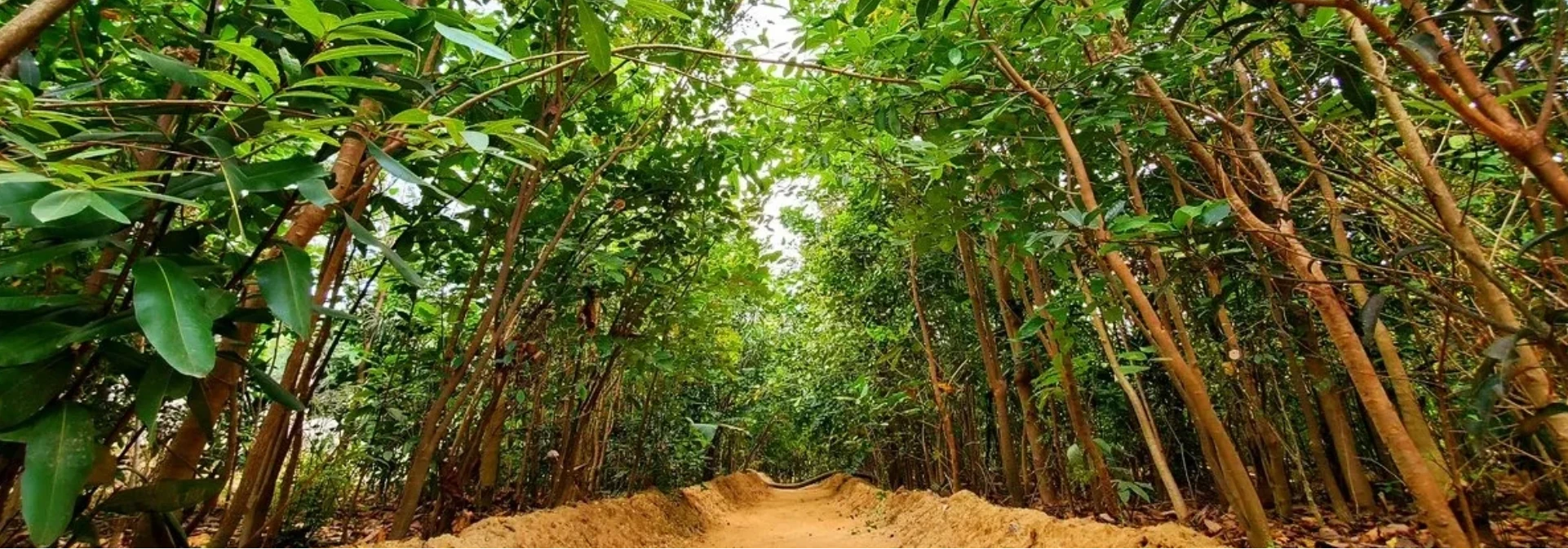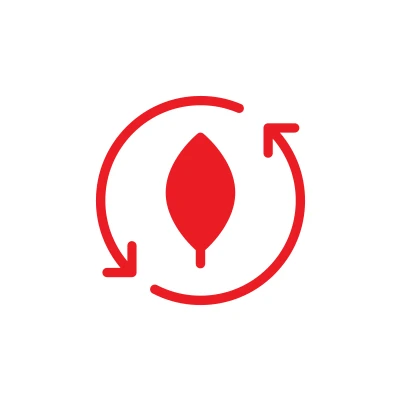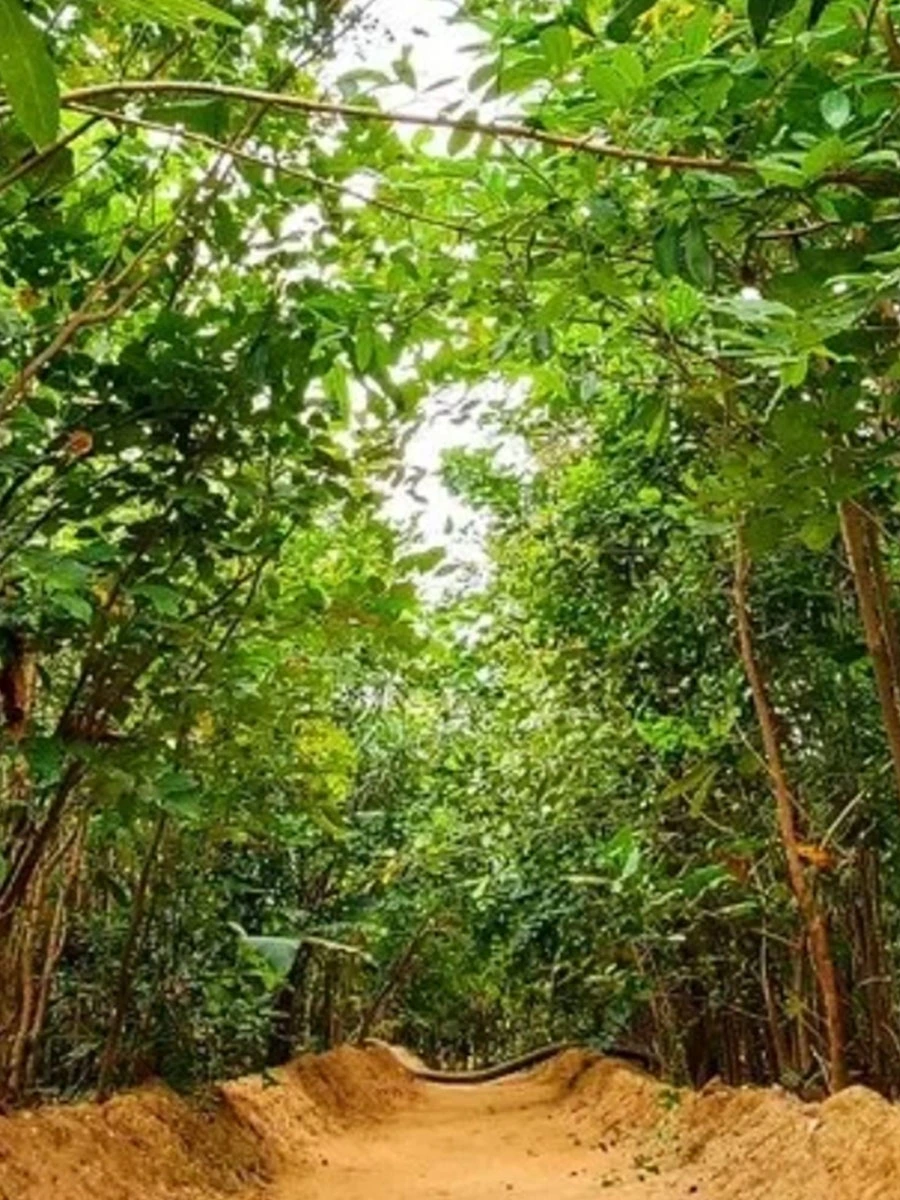
STEERING
RESPONSIBLE PROGRESS
Merino Industries has steadfastly championed environmental and societal causes for about 6 decades since its establishment. As a responsible business organisation, the commitment to environmental preservation and protection are woven into every aspect of Merino's operations.
SUSTAINABILITY
FRAMEWORK
SUSTAINABILITY
FRAMEWORK
Triple Bottom Line: Planet, People,
and Profit
Merino's sustainability factors are ingrained in the Triple Bottom Line Framework, encompassing three key dimensions: environmental, social, and financial impact.
Merino is committed to safeguarding the planet, fostering a positive impact on society, and generating profits through excellence and ethical practices.
IMPACT UNDER PROGRAMME
NIRMAL
An integrated and holistic approach that strives to protect the five elements of nature
SUSTAINABLE ENERGY
MANAGEMENT
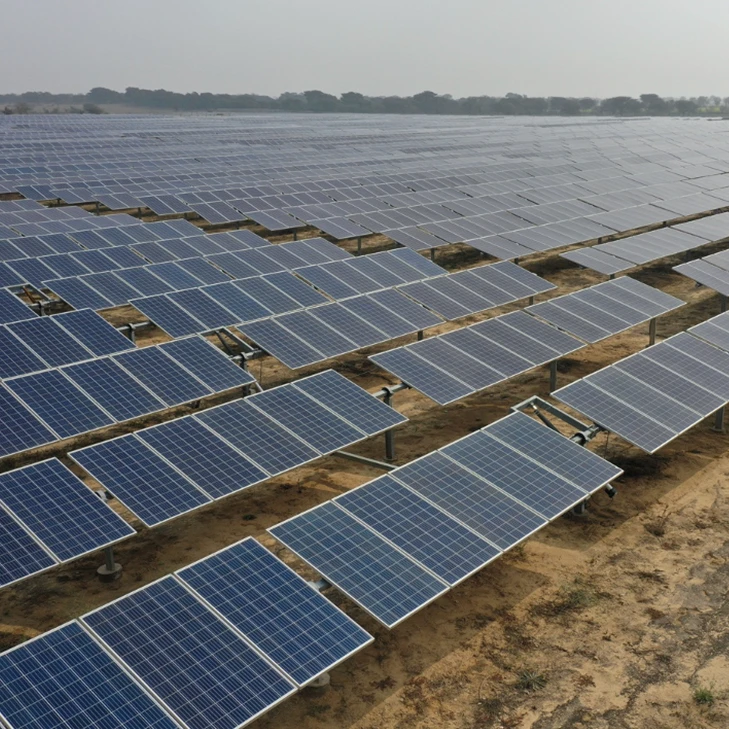
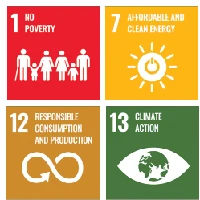
SUSTAINABLE ENERGY
MANAGEMENT
Merino fulfills most of energy needs through renewable sources. Merino has significantly reduced our dependence on fossil fuels and contributed to significant reduction in GHG emissions over the time. Over 72% energy coming through captive solar and green fuel-based biomass systems.
3%
SOLAR POWER
69%
BIOMASS
The continuous decline in Greenhouse Gas (GHG) emission intensity with every passing year, shows the commitment of the group to contain and minimise the carbon footprint, along with the economic growth.
CARE FOR
AIR QUALITY
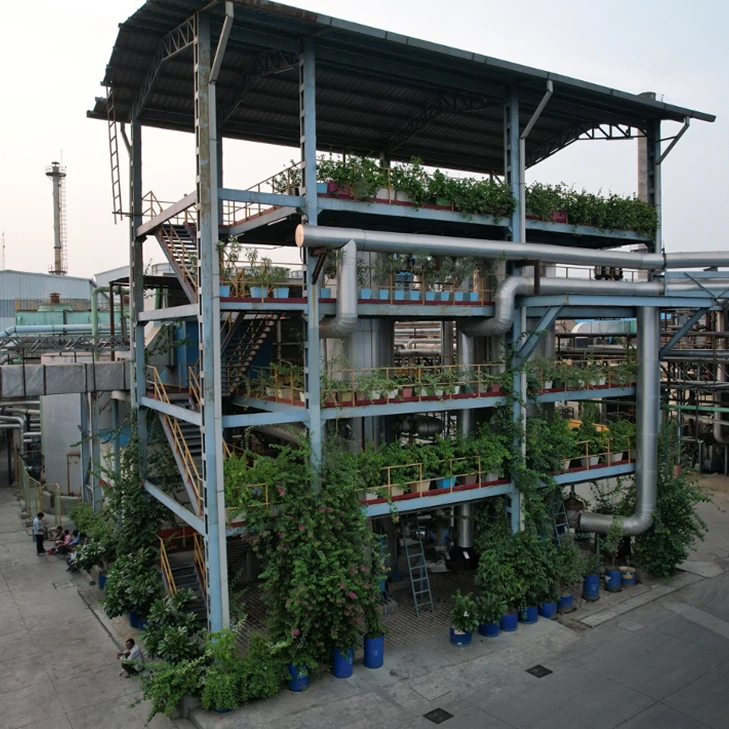
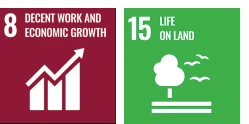
CARE FOR
AIR QUALITY
We demonstrate our dedication to relevant Sustainable Development Goals by prioritising air quality in our factory environments and workstations.
Air Quality Enhancement- Installed wet scrubbers, electrostatic precipitators, and bag filters in Hapur, Rohad, and Dahej lamination plants to manage air pollutants.
Cutting-edge Cooling Technology- Usage of cutting-edge technology in production unit chillers for improved environmental friendliness in process and comfort cooling.
Innovative Cooling Solutions- Uses VAM chillers powered by waste heat instead of conventional refrigerant gases, meeting a substantial part of Merino's cooling needs.
WATER
MANAGEMENT
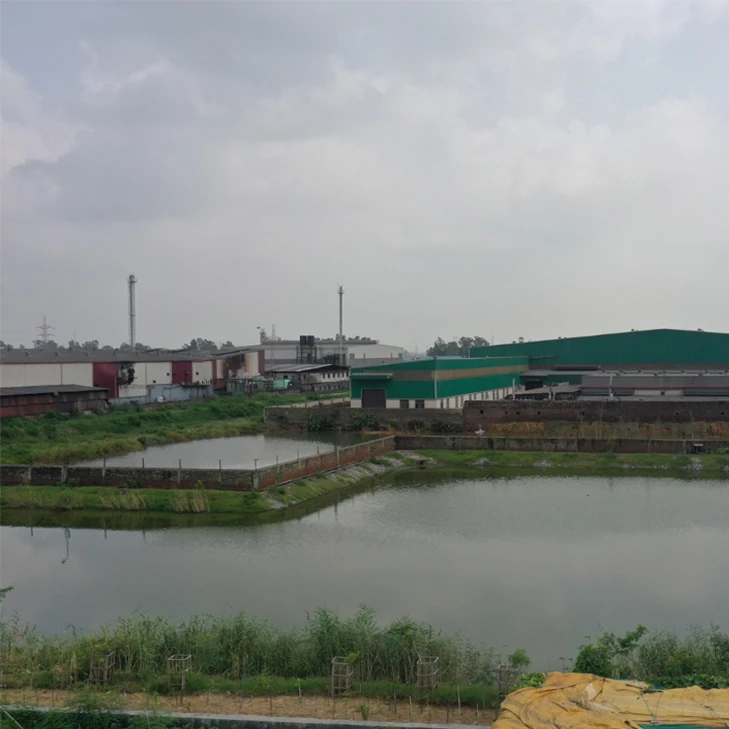
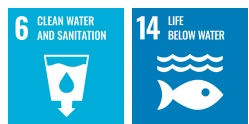
WATER
MANAGEMENT
Merino Industries Limited follows the 5R approach for water management, i.e., Reduce, Recycle, Reuse, Replenish and Restore.
Recycle & Reuse - Recycled and reused 72,000 KL of water across all facilities annually.
Restoration & Replenish - Enhancing rainwater harvesting by 68,000 KL, aiding water restoration and recharge wells across 5,69,315 KL ponds in a year.
Reduce - Installed a 220 KLD RO system treating high TDS rainwater for the process, cutting groundwater usage by 20,000 KL yearly.
SOIL
MANAGEMENT
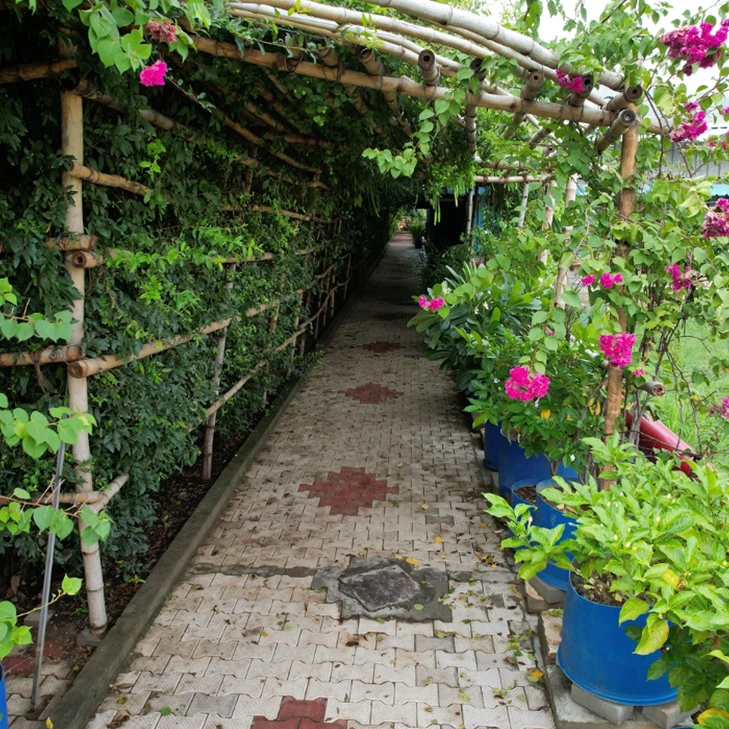
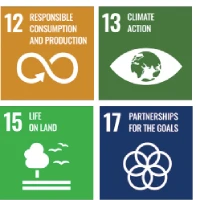
SOIL
MANAGEMENT
SOIL CONSERVATION INITIATIVES
Revitalizing soil health through organic manures, agroforestry, and innovative projects for a resilient, thriving agriculture.
COMPOSTING PRODUCTION
295 MT Bio-compost Produced from agricultural and factory Organic wastes in a year. 95 MT Generated of vermicompost from the bamboo farm of Merino during 2023.
295 MT
Bio-compost Produced from agricultural and factory Organic wastes.
95 MT
Generated of vermicompost from the bamboo farm.
WORKING TOWARDS
WASTE RECYCLE
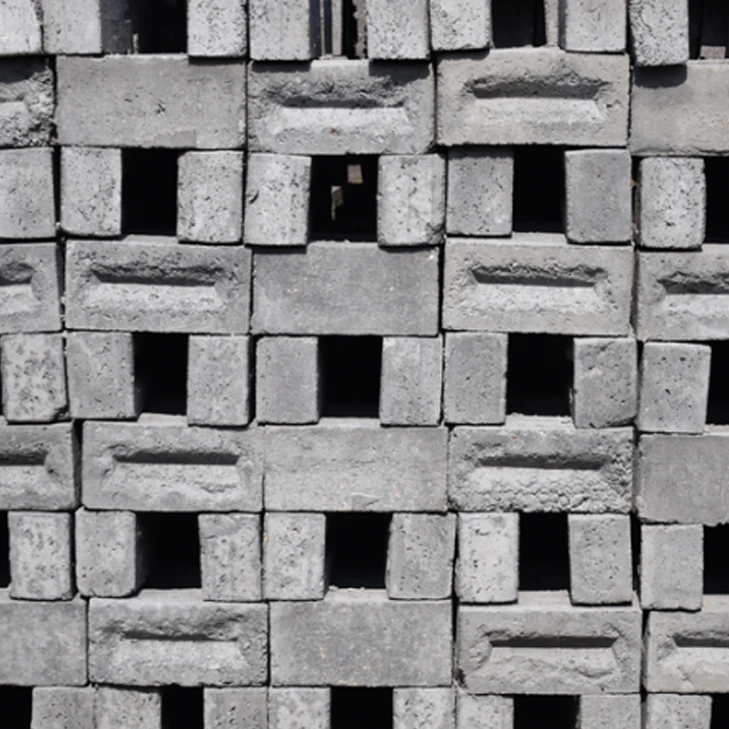
WORKING TOWARDS
WASTE RECYCLE
Utilising Byproducts- Manufacturing residues like paper and laminates are repurposed in furnaces, generating heat pivotal for drying biomass, a key energy source at Merino.
Recycling Ash- Boiler, incinerator, and NTPC power plant ash are reused to make bricks and tiles for internal factory pavements.
Organic Waste Conversion- Organic waste from production and canteen activities is converted into plant manure using bioconversion processes.
Green Processing- Starch slurry undergoes anaerobic digestion for energy, and residual waste is composted into soil-enriching manure.

